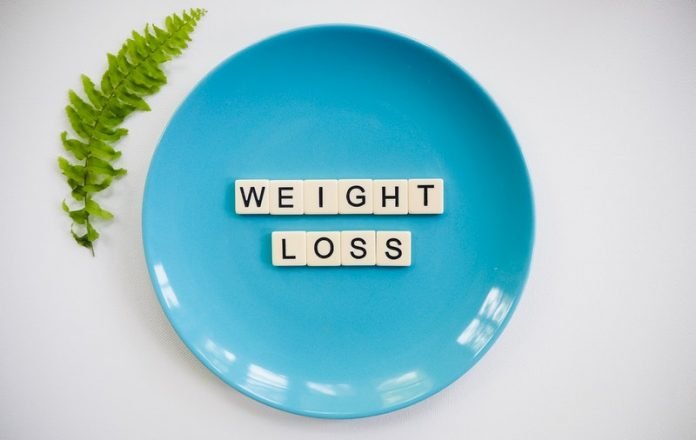
In a new study from the University of Sydney, researchers reviewed studies of complementary medicines (herbal and dietary supplements) for weight loss and found their use cannot be justified based on the current evidence.
The finding suggests that although some herbal and dietary supplements show greater weight loss than placebo, it is not enough to benefit health, and more research is needed to test long-term safety.
Over-the-counter herbal and dietary supplements promoted for weight loss are increasingly popular, but unlike pharmaceutical drugs, clinical evidence for their safety and effectiveness is not required before they hit the market.
In the study, the team examined the weight loss effects in herbal supplements, containing a whole plant or combinations of plants as the active ingredient, and dietary supplements containing naturally occurring isolated compounds from plants and animal products, such as fibers, fats, proteins, and antioxidants. They can be purchased as pills, powders, and liquids.
Herbal supplements included in the analysis were: green tea; Garcinia cambogia and mangosteen (tropical fruits); white kidney bean; ephedra (a stimulant that increases metabolism); African mango; yerba mate (herbal tea made from the leaves and twigs of the Ilex paraguariensis plant); veld grape (commonly used in Indian traditional medicine); licorice root; and East Indian Globe Thistle (used in Ayurvedic medicine).
The researchers reviewed all clinical trials comparing the effect of herbal supplements to placebo on weight loss, up to December 2019.
Their rigorous assessment of the best available evidence finds that there is insufficient evidence to recommend these supplements for weight loss.
Even though most supplements appear safe for short-term consumption, they are not going to provide weight loss that is clinically meaningful.
The team says herbal and dietary supplements might seem like a quick-fix solution to weight problems, but people need to be aware of how little we actually know about them.
Very few high-quality studies have been done on some supplements with little data on long-term effectiveness.
What’s more, many trials are small and poorly designed, and some don’t report on the composition of the supplements being investigated.
The study was presented at The European Congress on Obesity (ECO). One author of the study is Erica Bessell.
Copyright © 2021 Knowridge Science Report. All rights reserved.



